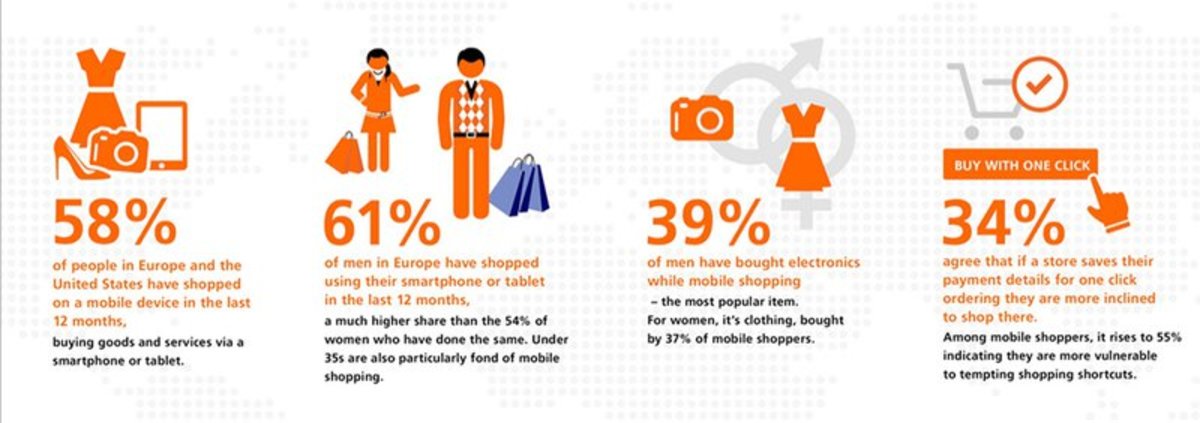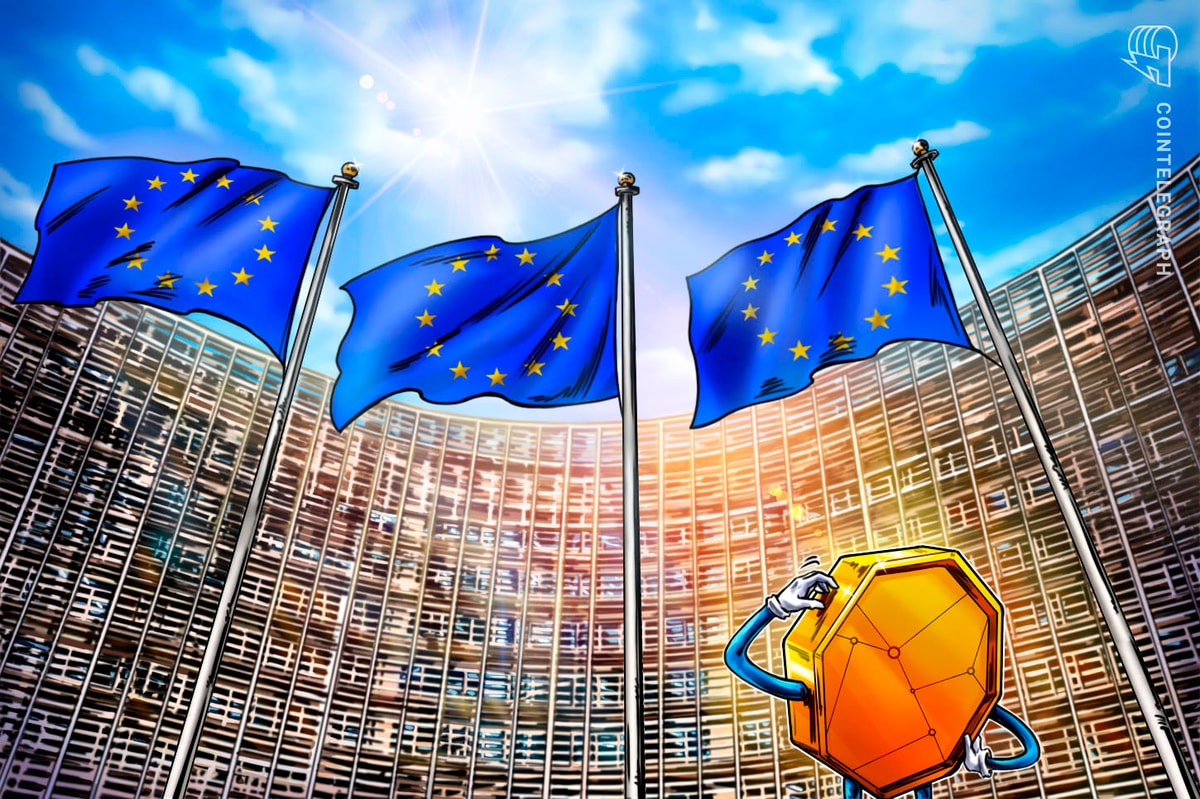
ING Bank hired global research firm, Ipsos, to survey 14,829 Internet users from 13 European countries, the United States and Australia. ING asked participants about mobile banking, payments and digital currency, such as bitcoin.
The report has some sobering insights into how Bitcoin adoption is going in the West, including what consumers see as the biggest benefits and problems of mobile payments.
1. People Are Using Less Cash
According to European consumers, cash is on its way out. When asked if their use of cash has declined over the last year, 50 percent of European participants said yes. And out of the group who answered yes, 80 percent think that trend will continue throughout the next year. 50 percent in Australia and 54 percent in the United States felt that their use of cash had declined over the past year as well.
Austria and Germany had the lowest percentage of people thinking they were using less cash, with only 31 percent saying yes. Turkey, Poland and Italy had the highest, with 60 percent or above saying they were using less.
2. Trust is the biggest barrier
Forty-two percent of European survey participants who have not used a mobile payment app say, “I don’t trust it” is the biggest reason. Trust was closely followed by “Not yet having an opportunity to use it”, which got 41 percent. Following were “I don’t understand it” at 10 percent, “It’s no easier” at 9 percent and “It’s more difficult to track what I spend” at 8 percent.
Participants who had mobile payment apps were asked whom they trusted the most to make mobile payment apps. “My bank” came in first with a whopping 81 percent. Named groups (Google, Apple, etc.) came in with just 5 percent, while social media websites (Twitter, Facebook, etc.) got 4 percent. Only 2 percent of participants said other banks.
3. Is Bitcoin the future of payments?
The majority of participants in the Netherlands, Luxembourg, United Kingdom, Germany and Austria said no. And 72 percent of participants across Europe either said they didn’t have an opinion or no. Australia and the United States fared slightly better, with less than half disagreeing.
However, 45 percent of Turkish respondents answered Bitcoin was the future of payments. Turkey scored the highest and was followed up with Italy at 43 percent and Spain at 33 percent.
These countries also had the highest number of people who have used the digital currency in the last 12 months (as you will read next).
4. Bitcoin awareness still low, but users are believers
Despite media hype and regularly making headlines, many Europeans still don’t know what Bitcoin even is and only tiny portion have actually used it. When European participants were asked whether if in the past 12 months they had used digital currency, 24 percent responded no, 49 percent responded they had no idea what it was, and only 4 percent responded that they had.
Fifty-two percent of Australian participants responded that they don’t what Bitcoin is and 43 percent from the United States responded similarly.
Turkey had the highest percentage of people who have used the cryptocurrency, with 9 percent responding yes. Italy and the United States tied for second with 7 percent. Poland was third with 6 percent, and Spain came in fourth with 5 percent.
The European countries with the highest amount of cryptocurrency users were also the countries with higher percentages of people who believed it was the future of payments.
5. Non-Bitcoin mobile payments are winning
While mobile payments as a whole remain niche and nonmainstream, it seems Bitcoin is losing to more conventional mobile payment apps created by banks and financial technology (fintech) startups. While countries such Turkey and the United States had more than 60 percent of participants saying they are using mobile banking apps in the last 12 months, none of the countries had more than 10 percent of people who had previously used Bitcoin.
The study shows mobile payments as a whole are growing, and the countries with the highest adoption of mobile banking and payments also tend to have the highest percentage of people who had used and believe in Bitcoin.
You can read the survey’s findings for yourself here (download).










